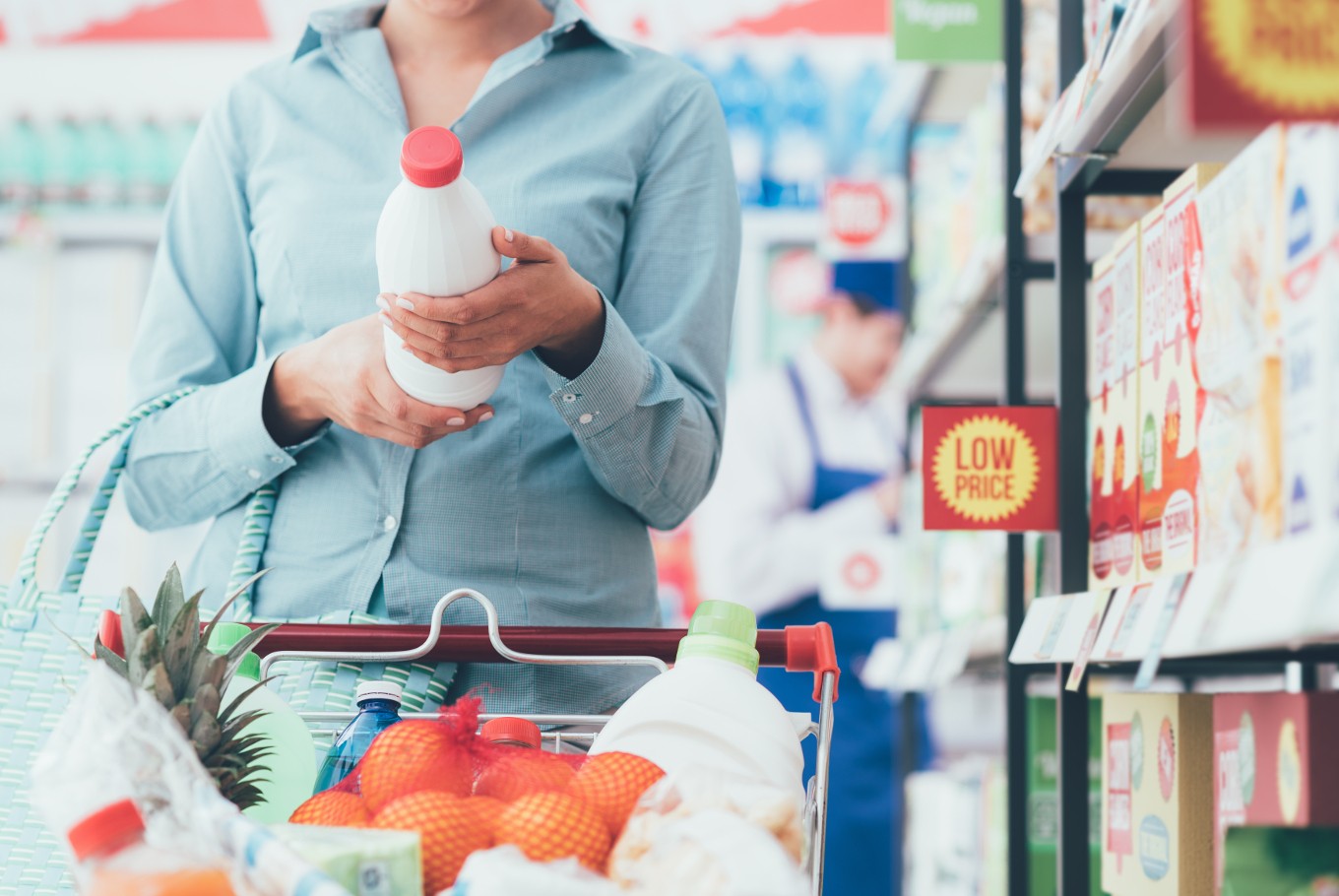Eating healthy in 2018: Take a close look at the labels
Change Size
 To avoid falling into the processed 'healthy' food trap, pay attention to labels (including for organic products) and make sure you eat a wide variety of fresh produce.
(Shutterstock/File)
To avoid falling into the processed 'healthy' food trap, pay attention to labels (including for organic products) and make sure you eat a wide variety of fresh produce.
(Shutterstock/File)
T
he gluten-free and vegan trend is expected to grow in 2018, following in the wake of the boom in organic products, elimination diets and vegetarianism. These new products are tempting, but they’re not necessarily good for your health, and can lead to an unbalanced diet.
If you regularly buy products labelled “gluten-free” or “vegan” under the pretext of eating “healthily,” you could actually be putting your health at risk.
An increasing number of people have adopted vegetarian, gluten-free, dairy-free or vegan diets, without being aware of the nutritional guidelines to avoid vitamin or protein deficiency.
To avoid falling into the processed “healthy” food trap, pay attention to labels (including for organic products) and make sure you eat a wide variety of fresh produce.
Read also: Why a gluten-free diet is not for everybody
A close examination of the ingredients of gluten-free products (bread, cookies, pasta, quiches, etc.) for example, can reveal that the wheat (gluten) has been replaced by refined rice or corn flour, modified starch, sugar, a long list of additives, and very little fiber. Studies have shown that too much of these in our diet can lead to an increased risk of type 2 diabetes.
A vegan lifestyle, which consists of avoiding any products derived from animals (including meat, milk, eggs, honey, leather, fur, etc.) comes with its own risks.
While fruit and vegetables are excellent for health, industrially produced vegan or vegetarian sausages, soy burgers and so on, often contain few or no natural products. Sugar (fructose or glucose syrup) and starch are added to replace fat and to add consistency, but these ingredients can be fattening.
Being vegetarian or vegan does not necessarily provide protection from illness and can lead to weight problems and deficiencies if you rely too much on processed products.
A vegetarian or vegan diet should involve more unprocessed vegetable protein (such as lentils, chickpeas and soy), seasonal fruit and vegetables, and essential fatty acids found in flax seeds, crushed or ground chia seeds, canola oil, hempseed oil and oilseeds.









